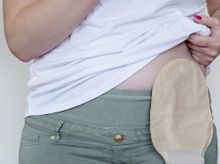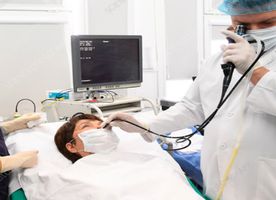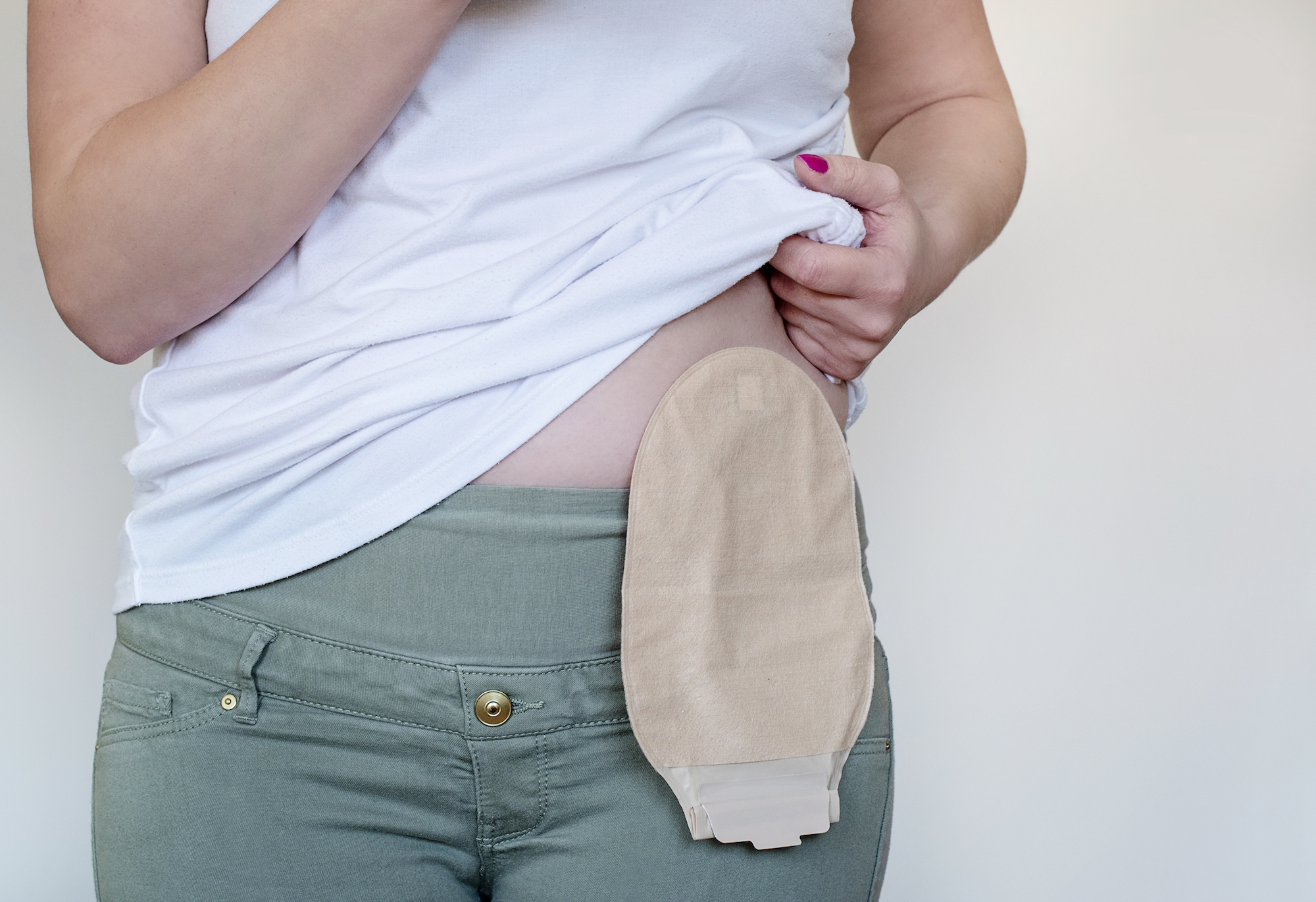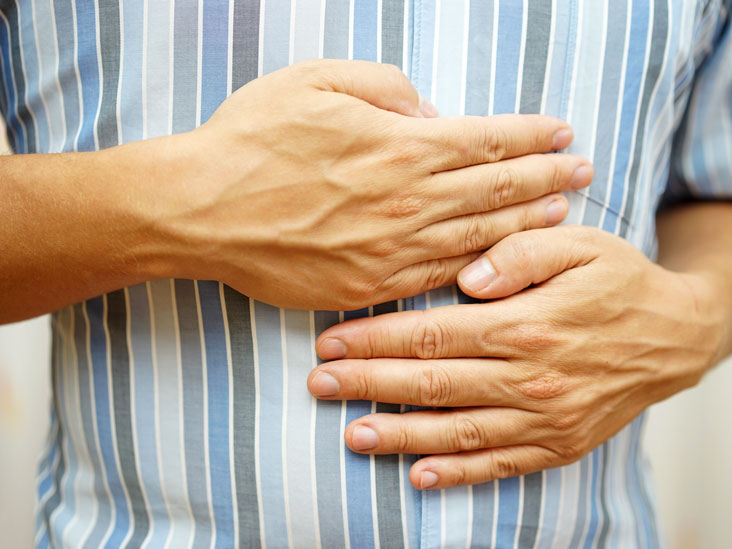Colostomy in South Korea
Search and Compare the Best Clinics and Doctors at the Lowest Prices for Colostomy in South Korea




































































































































No Time?
Tell us what you're looking for and we'll reach out to the top clinics all at once
What does a Colostomy Procedure Involve?
During a Colostomy procedure, the patient is unconscious under the effect of general anaesthesia. The surgery could be via laparotomy- a long incision made in the tummy or laparoscopic- several smaller cuts utilising a tiny camera and surgical tools. The preferred choice is laparoscopic surgery because of its reduced risk and quicker recovery time.
The surgery can be of two main types: a loop colostomy and an end colostomy, decided as per individual necessities. Loop colostomy is normally used in case of a temporary colostomy as it is easier to reverse.
How Long Should I Stay in South Korea for a Colostomy Procedure?
How long you need to stay in South Korea after the Colostomy, can vary from person to person. It depends on how healthy you are and the rules of the hospital where you are treated.
Usually, patients stay in the hospital for a few days after the Colostomy. This allows the doctors and nurses to take care of any pain and make sure the stoma is healing. After leaving the hospital, you may still need to stay in South Korea for follow-up visits or to make sure you can get medical help quickly if needed.
Even though you might want to go home sooner, be sure to talk to your doctors about how long they believe you should stay.
What's the Recovery Time for Colostomy Procedures in South Korea?
On average, people take a few weeks up to a few months to fully recover from a Colostomy. The timeline is set by factors like your body's healing speed, what exactly your procedure involved, and how fast you adjust your lifestyle post-surgery.
It is advised to not rush your recovery and allow your body the time it needs to heal. Don’t be in haste to return to your old schedule too fast. Trust your doctor’s advice – they'll tell you when you’re ready.
What sort of Aftercare is Required for Colostomy Procedures in South Korea?
When it comes to aftercare for a Colostomy, it’s all about giving your body the best care and support it needs to heal. Aftercare typically includes adjusting to your stoma, keeping the area clean, learning how to change the stoma bag, and managing your diet.
The area around your stoma needs thorough and regular cleaning to prevent infection. Your healthcare team will provide precise instructions regarding this. And don't worry if you're unsure how to change your stoma bag initially, they'll show you how until you feel comfortable doing it yourself.
Diet plays a key role too. Certain foods may cause gas, odor, or affect the consistency of your waste. Your healthcare provider should educate you about this and offer dietary advice tailored to your needs.
What's the Success Rate of Colostomy Procedures in South Korea?
Colostomy has a notable success rate. However, various factors contribute to this success such as the patient's health status, surgical methods used, the operating surgeon's skill, and post-surgery care.
According to research, Colostomy generally alleviates symptoms thereby improving quality of life. Most patients gradually return to their regular activities following this procedure. However, individual outcomes may vary.
For more comprehensive information adapted to your particular health condition, please consult with a healthcare professional in South Korea.
Are there Alternatives to Colostomy Procedures in South Korea?
While the Colostomy is the go-to solution for certain problems with the colon, there are other options available depending on your diagnosis, overall health, and daily lifestyle needs.
There could also be other surgical procedures that might suit your case better. For instance, there's an operation called an ileostomy, where the surgeon brings the small intestine to the surface of your abdomen, instead of the colon.
However, keep in mind, that not every alternative fits everyone. Each case is unique; each solution needs to be custom for you. That's why it's best to discuss all available options with your doctors in South Korea.
This information has been accurately sourced and verified by a medical professional for its accuracy, however, we strongly recommend you to consult with your doctor before pursuing medical procedures overseas.


















